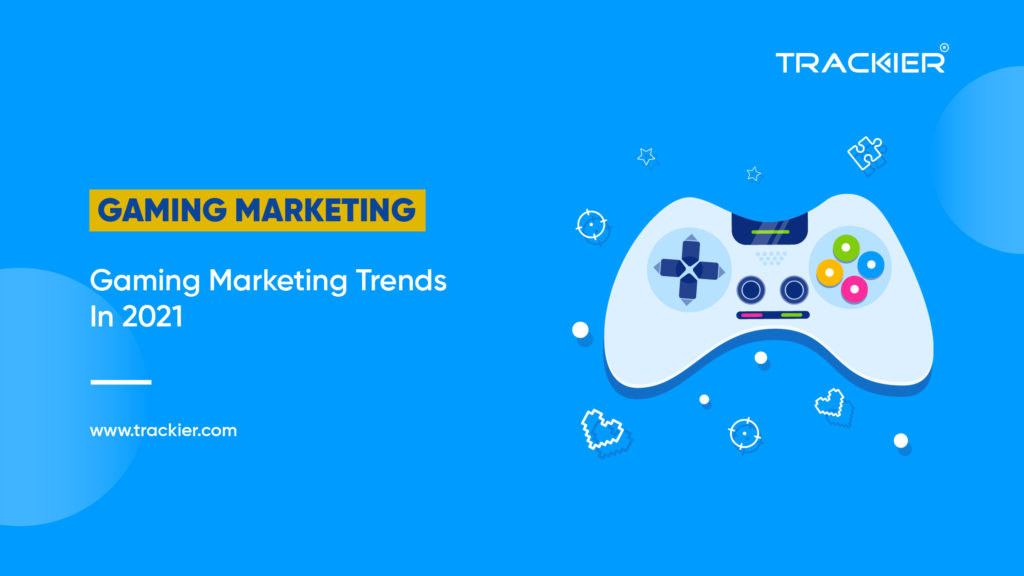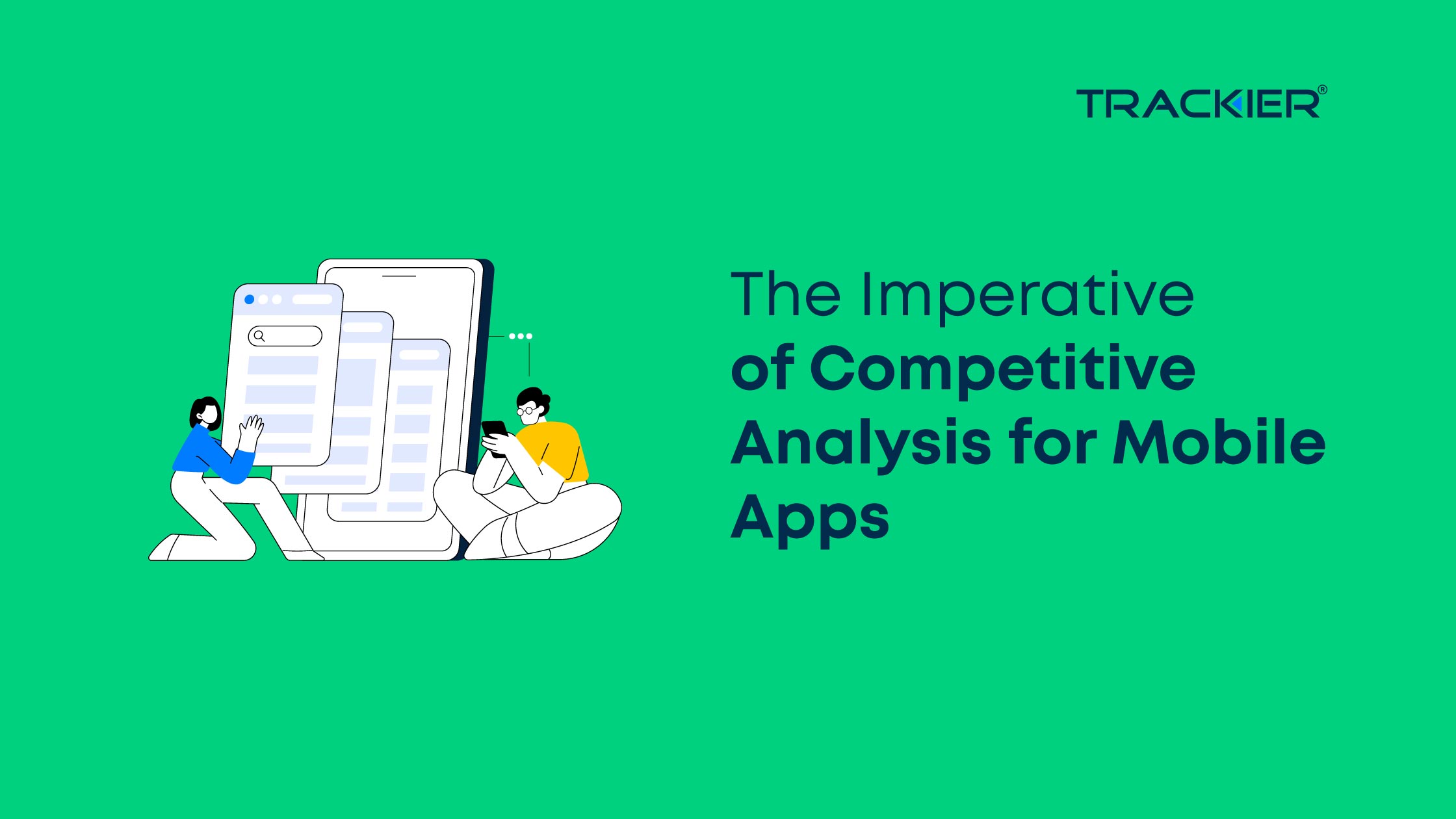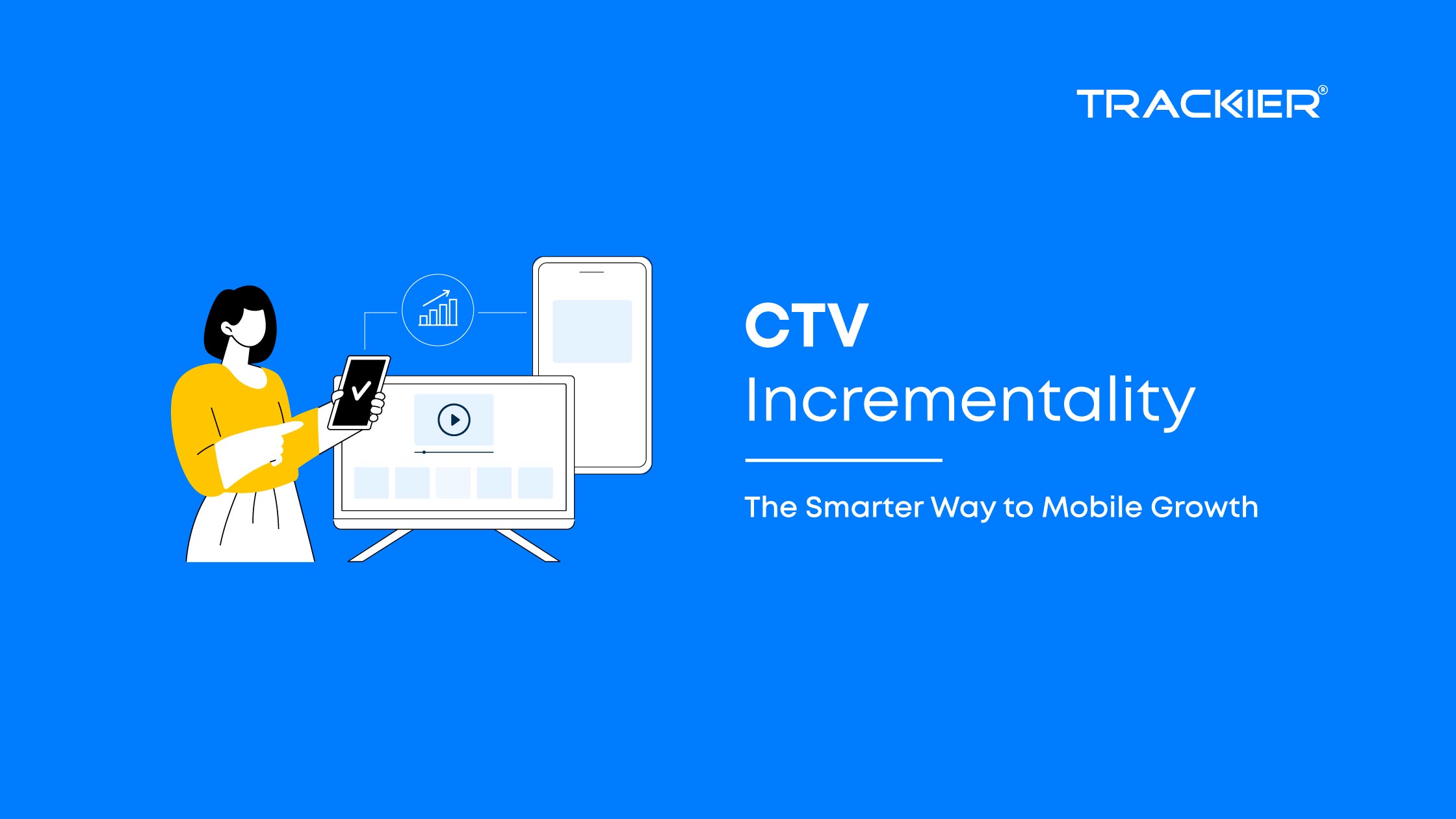While gaming was formerly considered a niche area for dedicated fans and teenagers, it is now mainstream, with over half of the adult population in the United Kingdom playing games last year.
Even before COVID-19, the gaming industry saw massive growth as well as constant upheaval, ranging from increased digital sales of games and esports to the introduction of free-to-play business models, live streaming, and cloud gaming platforms.
We performed research on the gaming marketing business as a whole alongside OC&C Strategy Consultants, establishing connections with other media and entertainment along the way and identifying important gaming marketing implications.
1. Digital distribution is becoming more popular.
Physical game sales are declining as digital game purchases and distribution become more common. Even higher digital sales growth is being driven by improved internet connections, larger hardware storage capacity, and reduced traffic to physical locations. Consumer attitudes about accessing and owning music, film, and even games have shifted from physical to digital thanks to smartphones, fast wifi, and speedier networks. Publishers must prioritize digital distribution in their gaming marketing plan as digital sales and distribution of games continue to rise.
2. Business models are rapidly changing in the gaming industry.
Game income structures are changing, affecting both the lifetime of games and the mechanics of gameplay. With the adoption of microtransactions across multiple franchises on all platforms, revenue models such as the free-to-play model are gaining traction. As a consequence of changes in consumer behavior and the adoption of recurring revenue models, AAA titles (high-budget games created by a major studio) on console and PC are starting to adapt to generate maximum value. Marketers should know what gamer behavior indicators they’re tracking so they can use that information in their gaming marketing efforts, which will help them reach the most probable spenders.
3. Gaming Industry is emerging as a social platform.
During the COVID-19 lockdown measures, the usage of gaming as a method of socialization grew even faster. Within big-player base games, virtual environments are also being used as meeting spots where players may socialize and enjoy a live event. The development of online multiplayer services for immersive experiences will continue. Virtual live performances have attracted tens of millions of spectators, demonstrating the fruitful partnership between video games and music. More game makers are likely to generate possibilities to enter this market.
4. Content creators’ popularity and live streaming
With COVID-19 driving the rise of new streamers and content providers, video game viewing is becoming more popular across a wider range of people. The range of video game content available for viewing is likewise expanding. Viewers have expressed an emotional investment in broadcasters who establish genuine communities.
5. Customer Insights and Data
With better access to more detailed data as the gaming marketing business goes more towards digital, it will become easier to create closed-loop marketing tactics. Customers’ feedback on the elements of the game that are being used more extensively, detecting retention difficulties or signals, and determining where new monetization components may assist to enhance profitability will be critical for developers. As we get closer to closed-loop marketing, it’s a journey that we’re all on.
6. Cloud-based delivery is the next big thing.
With the promise of Netflix-style access to libraries of quick games, cloud gaming services threaten to disrupt publishers’ established ways to market. Differentiation will be important in the cloud gaming platform market, which is shaping out to be very competitive. Marketers must determine which platforms are ideal for attracting and retaining gamers. They’ll also have to decide on their platform strategy, including whether they’ll stay platform-neutral or pursue deeper relationships and potentially an exclusive arrangement.
Every marketer strives to reach a point where they can correctly map the customer journey for all sorts of audiences. Gaming marketers must comprehend the significance of every contact point where a potential player sees and hears about the game. They must also comprehend the influence of each of those touchpoints on the user’s acquisition. Businesses may then determine how much to spend on each of those touch points depending on the player’s projected or known lifetime value. Finally, they must also devise a strategy on how much and where they should invest to keep the player interested.
As the industry becomes completely digital, integrating technology, people, and processes, game marketers have a great potential to effectively increase their audiences by implementing closed-loop gaming marketing methods. Outside of the game business, there are significant consequences for advertising.
Why should you rely on Trackier for Gaming Marketing?
Trackier assists you in identifying the highest-value gamers, as well as strategies to keep them engaged and develop a profitable monetization plan. It allows you to manage all of your affiliates’ marketing activity from a single platform. Coordinate all of your marketing efforts on one platform with our performance marketing software, and empower partnerships by enabling interactions between Advertisers and affiliates with our Partner Management platform. To expand your gaming app, use our audience insight tools to attract high-value gamers.















